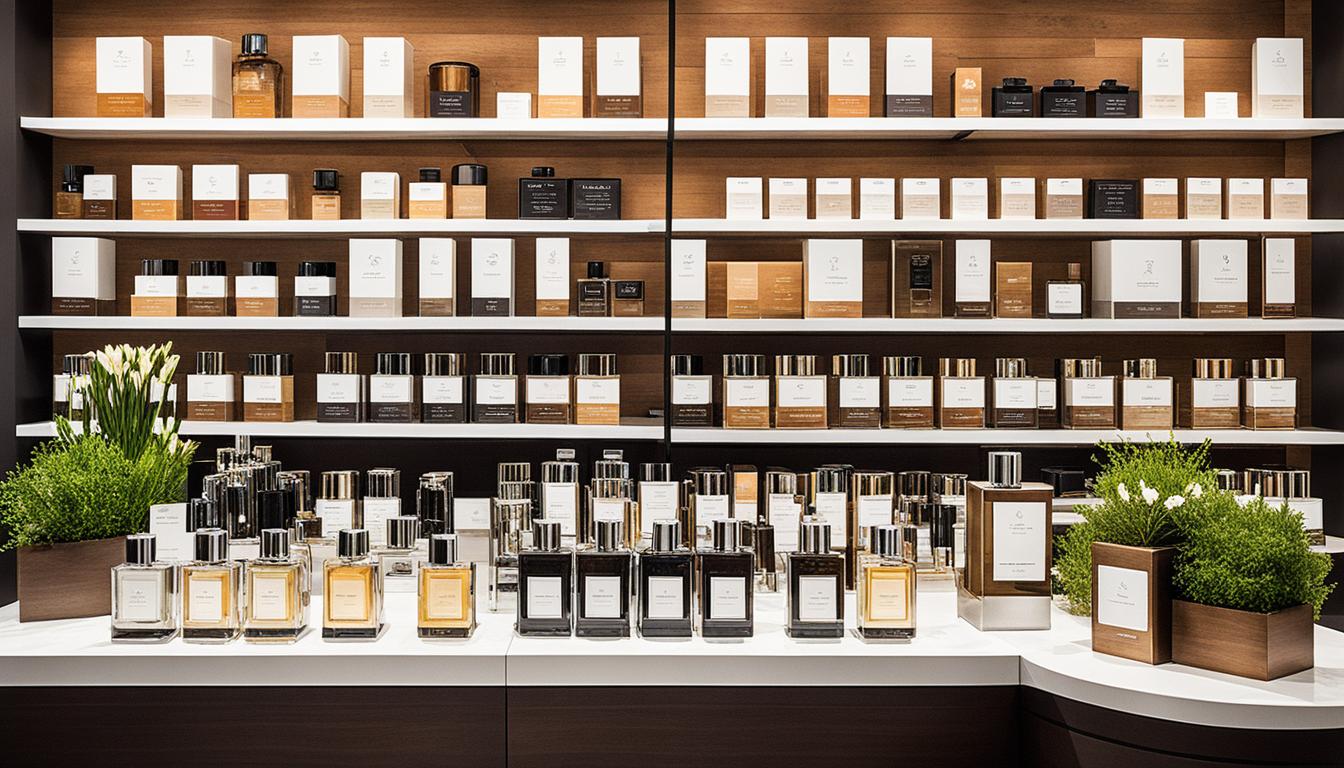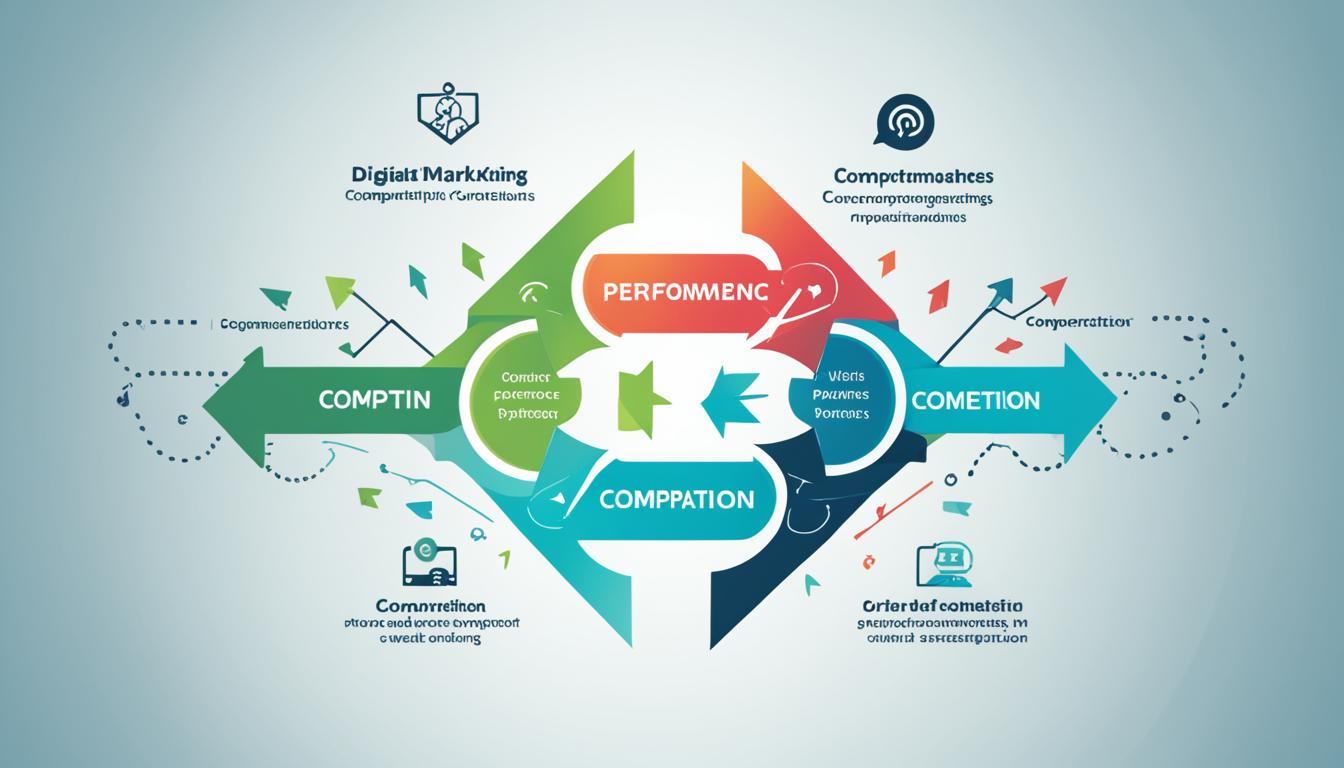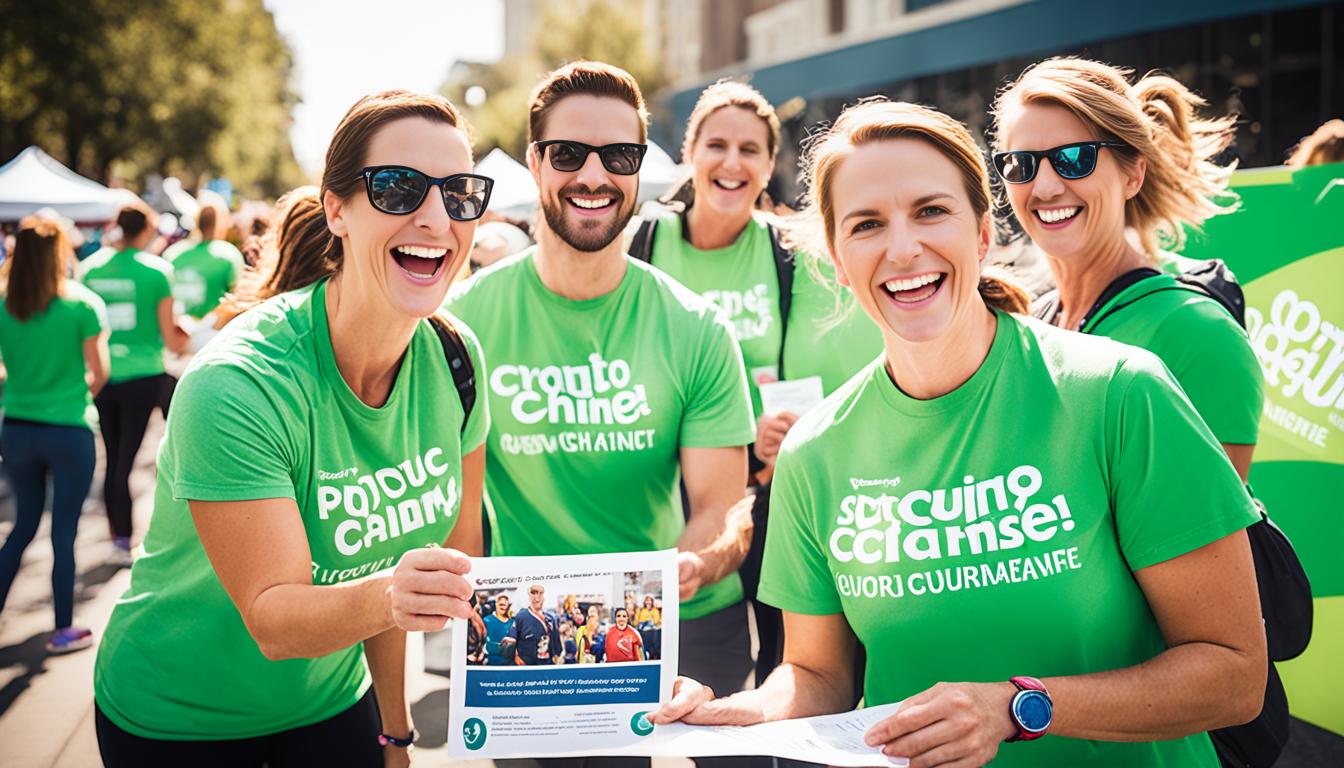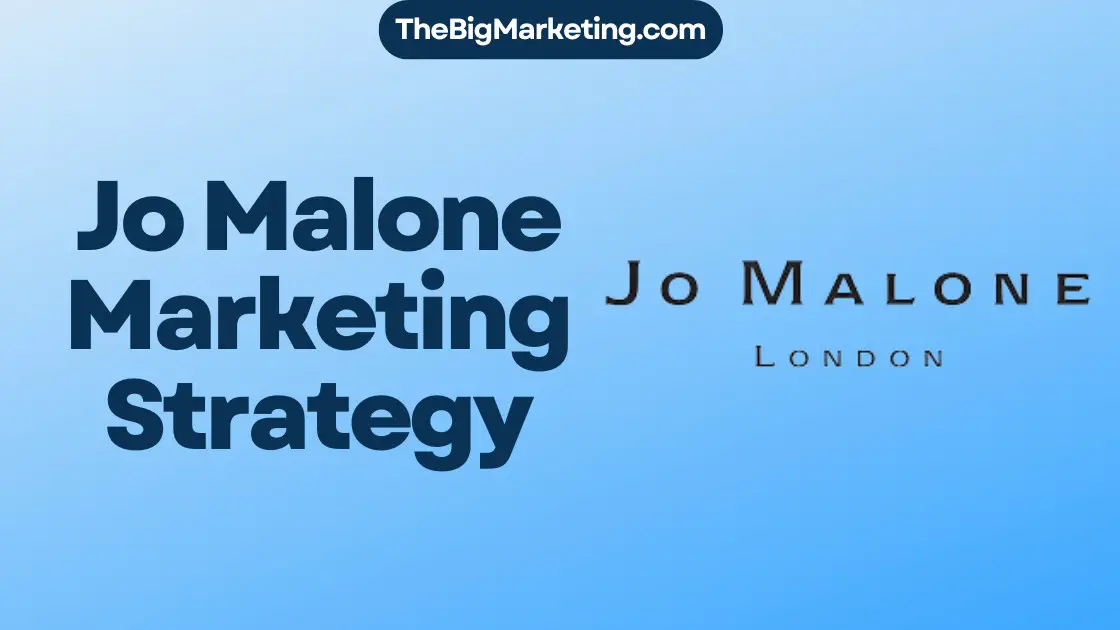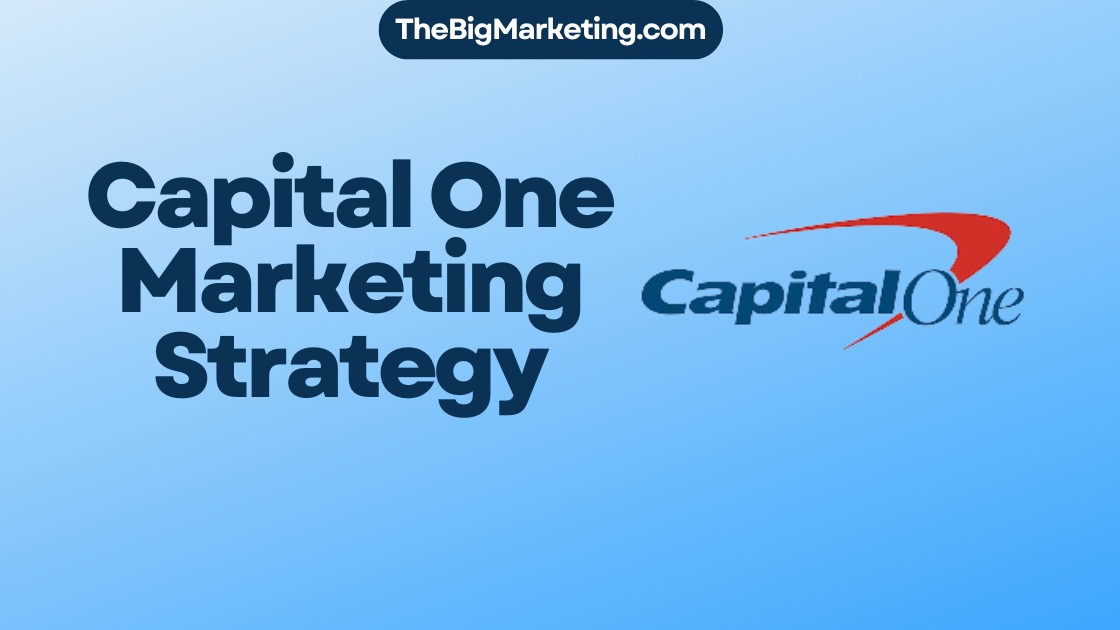7up has a long history dating back to its introduction in 1929. Despite initial challenges, such as a higher price point and a questionable original name, 7up quickly became one of the top-selling soft drinks in America. The brand gained traction in the 1960s with its “Uncola” campaign, positioning itself as a unique and refreshing alternative to Coca-Cola and Pepsi. In the late 20th century, 7up experimented with different marketing strategies, including a controversial “Make 7 UP Yours” campaign. Fast forward to the present, 7up continues to evolve its marketing strategy to engage its target audience through digital advertising, consumer segmentation, and product placement.
Key Takeaways:
- 7up has a rich history and has overcome initial challenges to become a top-selling soft drink.
- The “Uncola” campaign in the 1960s played a crucial role in establishing 7up’s unique brand identity.
- 7up has experimented with different marketing strategies, including the controversial “Make 7 UP Yours” campaign.
- Today, 7up focuses on digital advertising, consumer segmentation, and product placement to engage its target audience.
- The brand continuously evolves and adapts to changing consumer preferences and market dynamics.
History of 7up Marketing
7up’s marketing journey began in the late 1920s, and despite facing initial challenges, the brand steadily gained popularity over the years. While the true origin of the 7up name remains a mystery, it is widely recognized that the introduction of the iconic “Uncola” campaign in 1967 played a pivotal role in defining the brand’s identity.
Positioning itself as a refreshing alternative to traditional colas, 7up successfully carved out a unique space in the industry and established a loyal consumer base. The brand’s success in the 1940s further solidified its position in the market, with its crisp and citrusy flavor resonating with consumers looking for a distinct and enjoyable beverage choice.
The “Uncola” campaign, characterized by witty and humorous advertisements, showcased 7up’s uniqueness and non-conformist spirit. Emphasizing the absence of cola and its unconventional qualities, the campaign resonated with consumers who sought an alternative to the more dominant cola brands.
The Birth of a Refreshing Icon
This image showcases the vintage charm of 7up and highlights the brand’s history in the context of its marketing strategy. It serves as a visual reminder of the brand’s evolution and its significant milestones in capturing the hearts of consumers.
Throughout the 20th century, 7up continued to adapt and innovate its marketing approach to cater to changing consumer preferences. From catchy slogans to memorable taglines, the brand consistently aimed to engage its target audience and strengthen its position in the soft drink market.
The name “7up” itself became synonymous with refreshment and differentiation, allowing the brand to stand out among its competitors. With a rich and dynamic history, 7up’s marketing strategy has played an instrumental role in its enduring success.
Challenges and Evolution
In the highly competitive landscape of the beverage industry, 7up faced significant challenges from its rival brand, Sprite. In response, 7up devised a dynamic marketing strategy to maintain its market position and stand out from the competition.
One of the notable campaigns launched by 7up was the infamous “Make 7 UP Yours” campaign in 1999. This humor-driven approach aimed to engage consumers through playful and memorable advertisements. However, the campaign received mixed reviews, as it deviated from the clever and iconic “Uncola” tagline that had defined 7up’s previous success.
7up also encountered the challenge of differentiating itself from its own spinoff product, dnL. As a result, the brand shifted its marketing tactics to align with the broader trends in the beverage market. The strategy gravitated towards snarky and edgy messaging, reflecting the evolving preferences and tastes of consumers.
However, 7up soon realized that relying solely on gimmicks was not sufficient for long-term success. Brand differentiation became crucial in ensuring continued relevance in a competitive landscape.
To solidify its position as a distinct and refreshing choice, 7up focused on highlighting its unique qualities and engaging with consumers through innovative campaigns.
| Campaign Strategy | Strengths |
|---|---|
| Humor-driven messaging | Engages and appeals to consumers |
| Snarky and edgy tactics | Aligns with evolving market trends |
| Brand differentiation efforts | Highlights unique qualities of 7up |
Digital Advertising and Consumer Engagement
In recent years, 7up has embraced digital advertising and social media platforms to engage its target audience. One notable example is the successful TikTok campaign for the launch of 7up’s Strawberry Lemonade flavor.
The brand recognized TikTok’s creative spirit and leveraged it to create a branded effect creator-led campaign. This campaign encouraged users to create videos using 7up’s Berry is Back filter, resulting in a fun and interactive experience for consumers.
The TikTok campaign was a resounding success, garnering millions of video views and generating a high level of engagement. The clever use of social media marketing allowed 7up to reach a wide audience and create buzz around their new product.
By capitalizing on the power of social media platforms like TikTok, 7up effectively connected with their target audience and strengthened brand awareness. The campaign’s impressive engagement metrics highlight the effectiveness of incorporating digital advertising and social media marketing into 7up’s overall marketing strategy.
| Key Metrics | Result |
|---|---|
| Video Views | Millions |
| Engagement Metrics | High |
Market Segmentation and Target Audience
In order to effectively reach its target audience, 7up understands the importance of market segmentation and analyzing consumer preferences. By conducting thorough target audience analysis, the brand is able to tailor its marketing strategies to meet the specific needs and desires of different segments of the market.
Market segmentation allows 7up to divide the larger market into smaller, more manageable segments based on various factors such as age, lifestyle, and taste preferences. This analysis helps identify the specific characteristics and behaviors of different consumer groups, enabling the brand to create targeted campaigns that resonate with each segment.
By understanding the unique needs and preferences of different consumer segments, 7up can develop products, messaging, and advertising strategies that speak directly to their interests. For example, the brand might create specific campaigns for younger demographics that focus on the energy and excitement of 7up, while developing separate campaigns for health-conscious consumers that highlight the brand’s natural and refreshing qualities.
Key Factors in Market Segmentation
When conducting market segmentation analysis, 7up considers several key factors to better understand its target audience:
- Age: Different age groups have varying preferences and behaviors when it comes to soft drinks. Understanding the age demographics helps 7up tailor its marketing efforts accordingly.
- Lifestyle: Consumer choices and habits are influenced by their lifestyles. By segmenting the market based on lifestyle factors such as activity levels, dietary preferences, and personal values, 7up can cater to different consumer groups effectively.
- Taste Preferences: With a wide range of flavors and variations, 7up analyzes consumer taste preferences to ensure its products align with market demands.
Through targeted market segmentation analysis, 7up gains valuable insights into the diverse needs and preferences of its consumer base. This allows the brand to develop marketing strategies that not only capture the attention of its target audience, but also truly resonate with them on a personal level.
https://www.youtube.com/watch?v=aeTnFP1fmeY
Campaign Tactics and Brand Positioning
As part of a comprehensive 7up marketing strategy, the brand employs effective campaign tactics and strategic brand positioning to differentiate itself in the highly competitive beverage market. By highlighting its unique selling points and positioning itself as a refreshing and versatile beverage option, 7up successfully appeals to consumers seeking a different experience from traditional colas.
One of the key elements of 7up’s campaign tactics is creativity. The brand understands the importance of breaking through the clutter and capturing consumers’ attention. Through innovative marketing campaigns, 7up consistently showcases its distinct qualities, emphasizing its crisp and refreshing taste, and its ability to quench thirst. By engaging consumers with creative and memorable advertisements, 7up manages to stand out in a saturated market.
Moreover, strategic brand positioning plays a vital role in 7up’s marketing strategy. The brand positions itself as an alternative to traditional colas, offering a unique and exciting beverage option. Through targeted messaging and carefully crafted communication, 7up differentiates itself from its competitors, highlighting its refreshing qualities and positioning itself as a versatile choice for any occasion.
7up’s brand positioning is reinforced by emphasizing its unique selling points. The brand emphasizes the absence of caffeine and artificial flavors, appealing to health-conscious consumers who seek natural and refreshing beverages. Additionally, 7up positions itself as a versatile mixer for cocktails, targeting consumers who are looking to elevate their beverage experience.
Overall, 7up’s campaign tactics and brand positioning contribute to its success in the market. By focusing on differentiation and emphasizing its unique selling points, 7up effectively reaches its target audience and maintains a strong presence in the beverage industry.
| Campaign Tactics | Brand Positioning |
|---|---|
| 1. Creative and memorable advertisements | 1. Alternative to traditional colas |
| 2. Highlighting unique selling points | 2. Emphasizing absence of caffeine and artificial flavors |
| 3. Engaging consumers through innovative marketing campaigns | 3. Positioning as a versatile mixer for cocktails |
Product Placement and Partnerships
Product placement is a key component of 7up’s marketing strategy. The brand strategically incorporates its products into movies, TV shows, and various forms of media to increase visibility and enhance brand recognition. By placing 7up prominently in the hands of popular actors and within popular entertainment content, the brand effectively reaches a wide audience, generating positive associations and expanding its consumer base.
In addition to product placement, 7up actively establishes strategic partnerships with other brands, creating opportunities for cross-promotion and mutually beneficial marketing campaigns. Collaborations with complementary companies allow 7up to tap into new audiences and leverage the strengths of its partners to enhance brand positioning. By aligning with like-minded brands, 7up can effectively extend its reach and maximize the impact of its marketing efforts.
Through strategic product placement and cross-promotional partnerships, 7up continues to strengthen its position in the market and actively engage with consumers. These initiatives reinforce the brand’s visibility, appeal, and relevance in the competitive beverage industry.
| Benefits of Product Placement and Partnerships |
|---|
| Increased brand exposure and recognition |
| Access to new and diverse consumer segments |
| Enhanced brand positioning through collaborations |
| Opportunities for cross-promotion and mutual growth |
| Alignment with like-minded brands for shared values |
Consumer Engagement and Brand Loyalty
As part of its comprehensive 7up Marketing Strategy, the brand places great emphasis on consumer engagement and building strong brand loyalty. Through well-crafted marketing campaigns, 7up aims to create memorable experiences that resonate with its target audience, encouraging consumer interaction and fostering a positive association with the brand.
By leveraging various channels and tactics, including social media, experiential events, and personalized content, 7up effectively engages consumers and establishes a deep connection with them. This connection goes beyond mere product promotion, focusing on creating meaningful interactions that leave a lasting impression.
With a dedication to understanding consumer preferences and desires, 7up ensures its marketing campaigns align with the needs of its target audience. By delivering relevant and engaging content, the brand captivates consumers’ attention and encourages active participation in brand-related activities.
One of the key indicators of the success of 7up’s consumer engagement efforts is the high repeat purchase rate. By building a strong emotional bond and establishing trust with consumers, 7up cultivates brand loyalty, leading to a continued desire to choose and repurchase 7up products over competitors.
Creating Memorable Experiences
In order to foster consumer engagement, 7up invests in creating experiences that stand out and leave a lasting impact. Through captivating storytelling, visually appealing content, and interactive campaigns, 7up ensures that consumers not only consume their products but also actively participate in the brand’s narrative.
For example, in one of their recent campaigns, 7up partnered with renowned artists to create immersive art installations that incorporated the brand’s iconic imagery and colors. These installations not only captured the attention of passersby but also encouraged them to share their experiences on social media, further amplifying the brand’s reach and engagement.
Furthermore, 7up leverages consumer feedback and insights to refine its marketing strategies and tailor experiences to meet consumer expectations. By actively listening to their target audience, the brand ensures that each interaction with consumers is meaningful and aligns with their preferences.
Building Brand Loyalty
7up’s commitment to building brand loyalty is exemplified by its focus on delivering consistent quality and experiences. Through continuous innovation, the brand offers new flavors, variations, and packaging options to cater to evolving consumer preferences and sustain long-term interest.
Additionally, 7up maintains an active presence on social media platforms, engaging directly with consumers and addressing their feedback and inquiries. This proactive approach fosters a sense of community and demonstrates the brand’s dedication to actively connecting with its consumers on a personal level.
The brand’s marketing campaigns are strategically designed to reinforce positive associations with the 7up brand and create a sense of loyalty. By consistently delivering on its brand promises, 7up establishes itself as a trusted choice, ensuring repeat purchases and long-term brand advocacy from its satisfied consumers.
The success of 7up’s consumer engagement efforts and the resulting brand loyalty is a testament to the effectiveness of its marketing strategy. By prioritizing the development of meaningful experiences, actively engaging with consumers, and delivering on brand promises, 7up has created a strong bond with its target audience, leading to a high repeat purchase rate and sustained brand loyalty.
Emerging Trends and Future Outlook
As the beverage industry continues to evolve, 7up’s marketing strategy demonstrates a commitment to adaptability and innovation. The brand recognizes the importance of staying relevant and meeting the changing needs of consumers. By embracing emerging trends, exploring new technologies, and leveraging consumer insights, 7up strives to maintain its position as a leader in the soft drink market.
One of the key areas where 7up focuses its efforts is in staying ahead of emerging trends. By closely monitoring industry developments and consumer preferences, the brand identifies opportunities for growth and adaptation. Whether it’s the rise of healthy and natural ingredients, the increasing demand for zero-sugar options, or the growing interest in sustainable packaging, 7up remains proactive in aligning its marketing strategy with these emerging trends.
Adaptability is a core principle in 7up’s marketing strategy. By being flexible and agile, the brand can quickly respond to changing consumer behaviors and market dynamics. This includes exploring alternative marketing channels such as influencer collaborations, social media partnerships, and interactive experiences to engage with consumers on multiple touchpoints.
Innovation is another essential component of 7up’s marketing strategy. The brand continually seeks new ways to engage consumers and create unique experiences. Through the use of cutting-edge technologies, such as augmented reality (AR) and virtual reality (VR), 7up aims to captivate its target audience and differentiate itself from competitors.
Additionally, 7up leverages consumer insights to shape its future outlook. By understanding consumer preferences, habits, and desires, the brand can develop tailored marketing campaigns that resonate with its target audience. This data-driven approach allows 7up to make informed decisions regarding product development, communication strategies, and brand positioning.
Trends in the Beverage Industry
Table: Emerging Trends in the Beverage Industry
| Trend | Description |
|---|---|
| Health Consciousness | An increasing consumer focus on healthier beverage choices, including low-sugar, natural ingredients, and functional beverages. |
| Sustainability | A rising demand for eco-friendly packaging, recyclable materials, and sustainable sourcing practices. |
| Convenience | Consumers seek convenience in beverage options, with an emphasis on ready-to-drink formats, on-the-go packaging, and subscription services. |
| Personalization | Individualized experiences and customizable options, allowing consumers to create their own unique beverage combinations and flavors. |
| Digitalization | The integration of technology and digital platforms into the beverage industry, with e-commerce, mobile apps, and online campaigns playing a significant role in consumer engagement. |
By embracing emerging trends, focusing on adaptability, and fostering a culture of innovation, 7up remains poised for continued success in the ever-evolving beverage market. The brand’s ability to anticipate and meet the changing needs of consumers ensures its position as a leader in the industry.
Conclusion
The case study of 7up’s marketing strategy demonstrates how this iconic brand has continuously evolved and adapted to meet the changing needs of its consumers and the beverage market. From its early beginnings to the unforgettable “Uncola” campaign, 7up has successfully positioned itself as a refreshing alternative to traditional colas.
By prioritizing consumer engagement, strategic brand positioning, and innovative tactics, 7up has been able to establish itself as a lasting player in the industry. The brand’s commitment to staying relevant and embracing emerging trends sets the stage for continued success in the future.
With its rich history and willingness to take risks, 7up has proven its ability to navigate the complexities of the beverage industry. By implementing effective marketing strategies, 7up has created a loyal consumer base and cemented its status as a leading brand. The future is bright for 7up as it continues to captivate audiences and shape the soft drink market.
